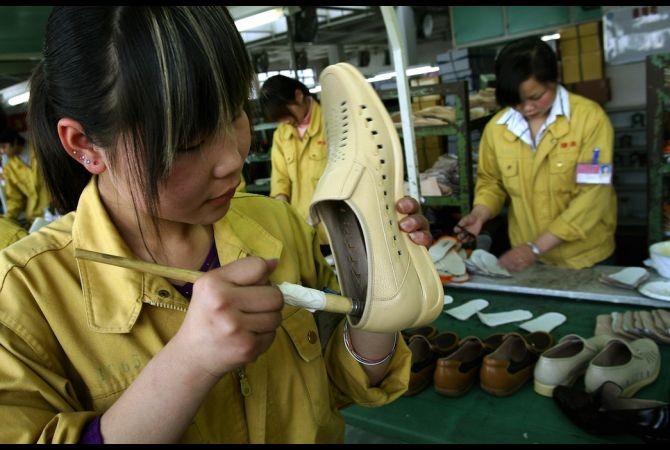The State Council of China has promised to support small and start-up businesses by reducing charges in an effort to boost the country's economy.
From Jan. 1, 2015, the Chinese government will scrap 12 charges to businesses that include registration fees. Further, 42 administrative fees will be removed for micro-sized firms, according the State Council's statement after meeting with Premier Li Keqiang.
Starting next year up to 2017, small businesses with a net income under 30,000 yuan will be exempted from five of the Chinese government's fees for three years after their inception. Local government officials will not be able to charge any administrative fees, except for those in the government's list.
"We are delighted to see more government fiscal support to help small and micro-sized firms survive," said Zhejiang Federation of Private Enterpirse Investment President Zhou Dewen.
Zhou said that small businesses are having a hard time with the increase in taxes, labor costs and the economy's slowdown. He also said that the removal of fees will help small businesses and thereby generate jobs. It will also bolster the future growth of small businesses.
China already made tax cuts earlier this year for micro-sized businesses.
In April, the central government said that small firms with under 100,000 yuan yearly sales will have their tax fees halved until the end of 2016.
China's Ministry of Finance has reduced in July 1 the value-added tax rate for small firms down to 3 percent from 6 percent.
The State Administration for Industry and Commerce said that China has 56 million micro-sized firms, which make up 94 percent of the registered firms and are responsible for over 70 percent of the jobs in the country.
In the first nine months of this year, the country reached its 10-million new jobs target for 2014 even before this year ended. According to official data, the jobs mostly came from small businesses in the services sector.
The data showed potential for China's economy, which increased by 7.3 percent annually in Q3, its lowest in five years.
China is encouraging private investments by removing the firms' minimum capital and implementing an annual filing system to give small firms access to the market.
Reforms will also be made regarding prices in transportation and energy sectors to crack down on monopolies and promote private investments.




























